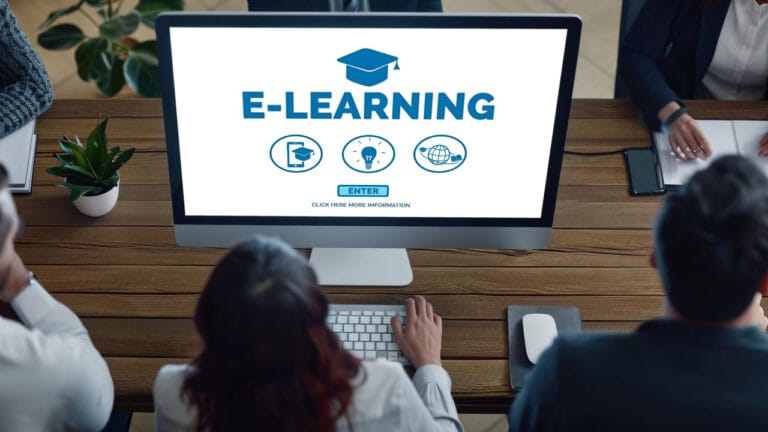Choosing the right training or learning platform can be a game-changer for your organization. With so many options available, it’s crucial to understand the differences between a Learning Management System (LMS) and other learning platforms. Both tools aim to enhance learning experiences but cater to different needs and functionalities.
You might wonder why some organizations prefer an LMS while others opt for diverse learning platforms. The key lies in their distinct features—an LMS focuses on managing, delivering, and tracking educational courses, whereas learning platforms offer broader capabilities like social learning and content curation. By understanding these differences, you’ll be better equipped to select the best solution that aligns with your educational goals and enhances learner engagement.
Factors to Consider
Evaluate these elements when choosing between an LMS and a learning platform:
- Purpose: Define whether you need course management or broader functionalities like content curation and social learning.
- Features: Compare features such as user registration, progress tracking, assessments, reporting (LMS) versus collaboration tools, multimedia integration (learning platforms).
- Scalability: Check if the system can grow with your organization’s needs.
- Budget: Assess costs including setup fees, subscription models for LMS, or freemium/per-course charges for learning platforms.
- User Experience: Determine which interface aligns better with your audience’s preferences—structured navigation of an LMS or flexible interaction of a learning platform.
Key Differences Between LMS and Learning Platform
Understanding the key differences between a Learning Management System (LMS) and other learning platforms can help you make informed decisions for your organization.
Feature Comparison
An LMS focuses on course management, delivery, and tracking. Core features include user registration, progress tracking, assessments, and reporting. For example, Moodle and Blackboard offer robust course administration tools.
Learning platforms offer broader functionalities beyond traditional course management. Features often encompass social learning tools like discussion forums, content curation options such as resource libraries, and collaboration tools including shared workspaces. Platforms like Coursera or edX demonstrate these extended capabilities.
Pricing and Cost Considerations
LMS pricing typically involves setup fees plus recurring subscription costs based on the number of users or courses. For instance, Canvas charges institutions per user annually.
Learning platforms may operate on different pricing models. Some use freemium structures where basic access is free but advanced features require payment; others might charge per course or per enrollment. Udemy allows free access to many courses but charges for premium content.
Accessibility and User Experience
An LMS usually offers structured navigation tailored to formal education settings with hierarchical menus for easy course access. Most systems are mobile-friendly but may vary in usability across devices.
Learning platforms prioritize flexibility and ease of interaction by integrating multimedia elements like videos and interactive quizzes seamlessly into the user interface. Accessibility often extends to diverse devices without compromising functionality.
Choosing the Right Option for Your Needs

Selecting between an LMS and a learning platform depends on your specific requirements. Consider various factors to determine the best fit.
Common Use Cases
Different scenarios may require either an LMS or a learning platform:
- Corporate Training: Many companies use LMSs to manage employee training programs due to their robust tracking capabilities.
- Professional Development Courses: Organizations offering continuous education often choose readymade course libraries due to its wide range of courses and interactive tools.
- Social Learning Initiatives: Platforms like edX are ideal for programs focusing on collaborative projects and peer interactions.
Use these insights to guide your decision-making process based on what aligns best with your educational objectives and learner engagement goals.
Final Thought
Selecting the right educational technology is crucial for achieving your organization’s learning goals. An LMS excels in managing and delivering structured courses, making it ideal for corporate training and formal education settings. On the other hand, broader learning platforms offer versatility with features like social learning and content curation, enhancing user interaction and engagement.
Consider your specific needs, budget, and desired outcomes when choosing between an LMS and a learning platform. By understanding the unique advantages of each option, you can make an informed decision that best supports your educational objectives and boosts learner engagement.


